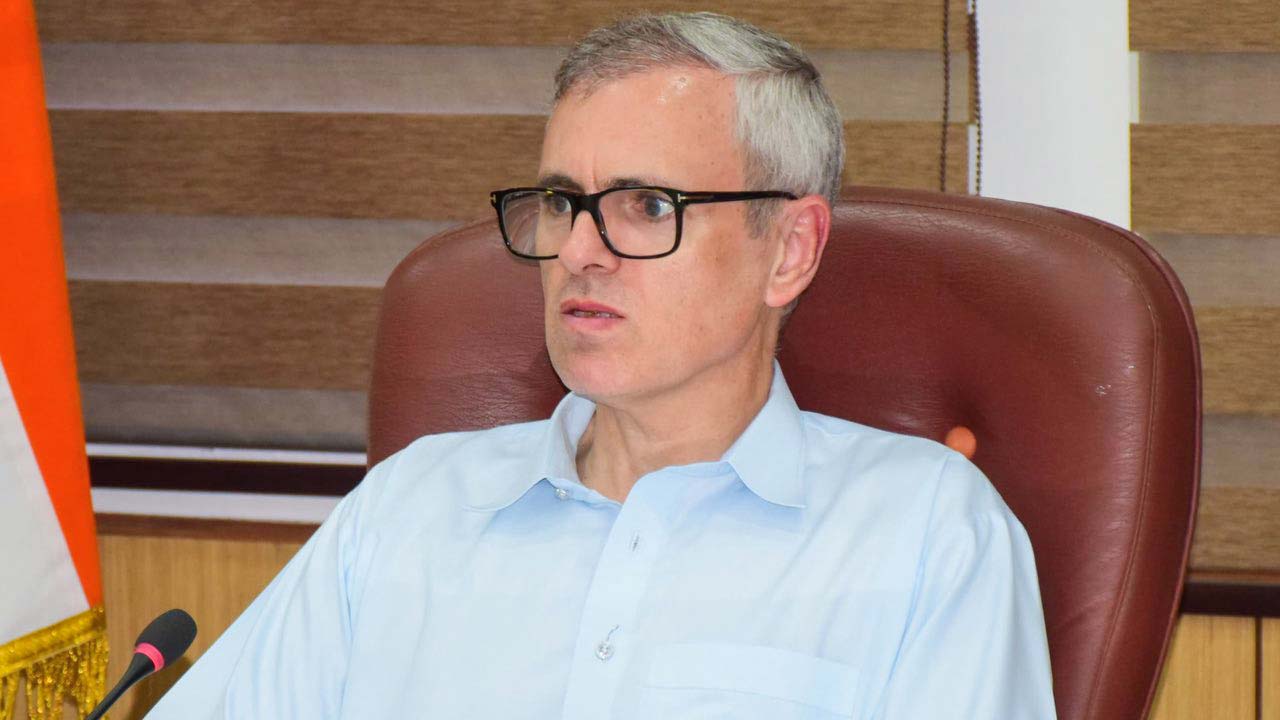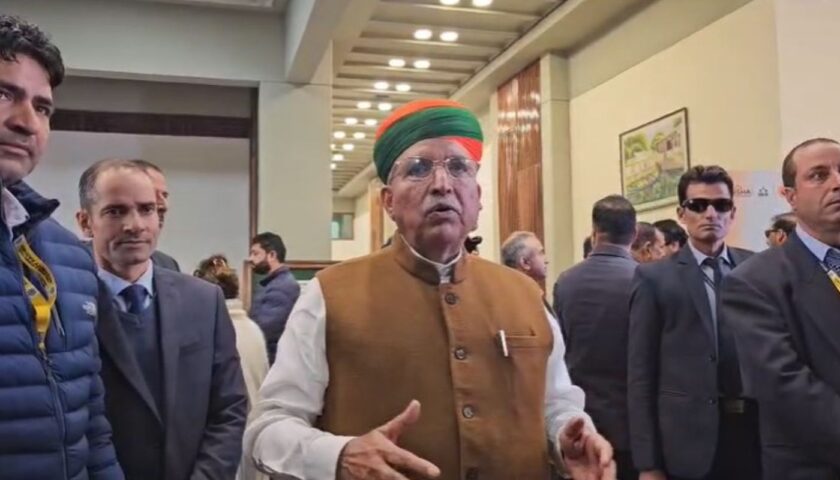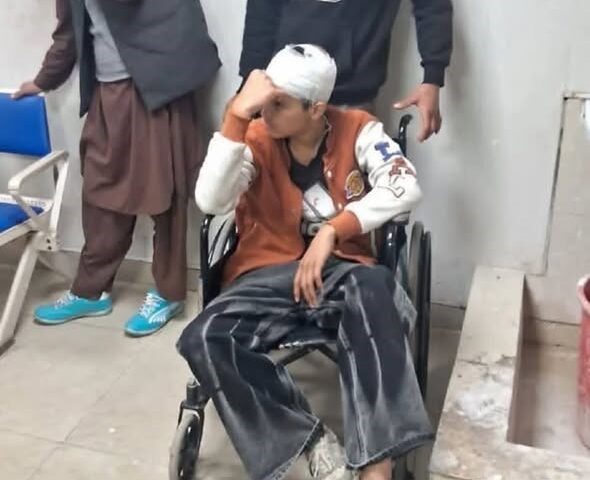When Hope Turns to Caution
By: Javid Amin | 15 Aug 2025
Just 24 hours before India celebrated Independence Day with patriotic fervor, Omar Abdullah—the Chief Minister of Jammu & Kashmir—was preparing to address his people at Bakshi Stadium in Srinagar. Hopes were high. The air was filled with speculation that this might be the year when the Centre finally announced the restoration of Jammu & Kashmir’s statehood—a promise made repeatedly since the abrogation of Article 370 in 2019.
But instead of celebratory announcements, Omar Abdullah’s tone was one of frustration, even warning.
The trigger? A remark attributed to the Supreme Court of India, suggesting that incidents like the Pahalgam attack—where militants targeted pilgrims and security personnel—should be considered while deciding the timing of restoring statehood.
“Will Pahalgam killers, or a neighbouring country, decide whether Jammu and Kashmir will be a state?” Omar asked sharply, calling the comment “unfortunate.”
For Omar, the linkage between militant violence and political rights wasn’t just illogical—it was dangerous.
Omar Abdullah’s Independence Day Speech — A Message Between the Lines
Standing on the same stage where he once addressed crowds as the chief minister of a state, Omar reminded his audience of what had been lost since 2019:
-
A separate constitution for Jammu & Kashmir.
-
A state flag alongside the Indian tricolour.
-
Full legislative autonomy in most internal matters.
“Today,” he said, “none of those remain.”
It was a deliberate framing—he wasn’t just speaking about an administrative change, but about an erosion of political identity.
He acknowledged that democracy had finally returned with elected representatives in the Assembly, but pointed out that true democracy meant having the full powers of a state government, not a Union Territory administration with limited autonomy.
Why Omar Abdullah Bristled at the “Pahalgam Comment”
The Pahalgam attack in July 2025 was a tragic event—militants ambushed a convoy, killing multiple security personnel and disrupting the annual pilgrimage. But Omar’s argument is rooted in a principle of governance:
Security challenges should be handled through law enforcement and counter-terror measures—not by denying constitutional rights.
Historically, Indian states with ongoing insurgencies or violence—Punjab in the 1980s, parts of the Northeast today—have not had their statehood stripped. J&K, he argues, should be no different.
By linking statehood to security incidents, Omar believes the Centre (and now, perhaps indirectly, the judiciary) risks creating a perpetual justification for delay—because, in Kashmir’s volatile security environment, there will always be incidents.
The Political Backdrop — Why Statehood is a Burning Issue
2019 and the Aftermath
On August 5, 2019, the Government of India revoked Article 370 and bifurcated Jammu & Kashmir into:
-
Union Territory of J&K
-
Union Territory of Ladakh
The Centre promised that statehood for J&K would be restored “at an appropriate time”.
But nearly six years later, that promise remains unfulfilled.
Omar’s Position Since 2019
Omar Abdullah, former CM and vice president of the National Conference (NC), spent months in detention after the abrogation. When released, his message was measured but firm:
-
He accepted that Article 370’s reversal was a political reality, but
-
He demanded full statehood as the first step toward rebuilding J&K’s political dignity.
Over the years, he has walked a middle path—avoiding extreme rhetoric that could alienate Delhi, but also keeping pressure on the Centre by invoking constitutional principles.
Security vs. Statehood — The Historical Precedent
1. Punjab in the 1980s
During peak militancy, Punjab faced President’s Rule, but statehood was never revoked.
2. Northeast India
States like Manipur, Nagaland, and Assam have seen decades of insurgency—but they remain states.
3. J&K’s Unique Case
The removal of statehood here was unprecedented—it wasn’t just a temporary suspension of the Assembly, it was a constitutional downgrade.
Linking restoration to “security clearance” risks making this downgrade semi-permanent.
Omar’s central argument:
“Rights cannot be hostage to security incidents. If that standard is applied, no conflict-affected state would ever function as a state.”
The Supreme Court’s Role — and Omar’s Subtle Warning
In December 2023, the Supreme Court upheld the abrogation of Article 370 but directed that statehood be restored at the earliest. For many in J&K, this created a hope that the judiciary would ensure the Centre follows through.
But Omar’s August 15 statement subtly questioned whether the Court’s approach is shifting—whether it is now factoring in security situations in a way that could enable further delay.
His question—“Who will decide our statehood, Pahalgam killers or the people of Jammu & Kashmir?”—was as much about constitutional authority as it was about political sovereignty.
The Political Strategy Behind Omar’s Remarks
Omar Abdullah’s reaction was not just an emotional outburst—it was a calculated political move.
1. Rallying Public Opinion
By framing the issue as one of dignity and rights, Omar is trying to mobilise not just NC supporters, but a broader cross-section of the population who may feel alienated by Delhi’s slow pace.
2. Sending a Message to Delhi
The Independence Day stage, covered widely by national media, ensured his remarks reached the Centre.
It was a reminder: delaying statehood could become a political liability if public frustration boils over.
3. Preempting Political Rivals
Parties like the PDP and Apni Party also advocate for statehood. By taking a strong public stand, Omar ensures that NC remains the primary voice for this demand.
Reactions to Omar’s Statement
Political Allies
-
NC leaders backed him, saying security incidents should never dictate constitutional rights.
-
Some urged the CM to call an Assembly session and pass a formal resolution demanding statehood.
Political Rivals
-
BJP leaders accused Omar of downplaying security concerns and politicising a judicial remark.
-
PDP leaders offered partial support, saying the CM’s focus should now be on creating unity across parties.
Public Sentiment
On social media, many Kashmiris echoed Omar’s frustration, though some felt his government should be more proactive in formally pushing Delhi.
What Happens Next
-
The Supreme Court’s August 14 hearing on the statehood plea will continue in the coming months.
-
Omar Abdullah may try to translate public sentiment into legislative action—possibly by passing a statehood resolution in the Assembly.
-
The political temperature in J&K will likely rise as both local and national actors position themselves ahead of the Court’s decision.
Conclusion — The Fight for Political Dignity
Omar Abdullah’s sharp words about the Pahalgam comment are part of a larger, ongoing battle—not just for statehood, but for who gets to decide Jammu & Kashmir’s future.
By challenging the idea that militants or external threats should influence constitutional decisions, Omar is defending a principle at the heart of Indian democracy:
Rights are inherent—they are not rewards granted when circumstances are “favourable.”
And in J&K’s charged political climate, that principle is both a rallying cry and a test of leadership.




